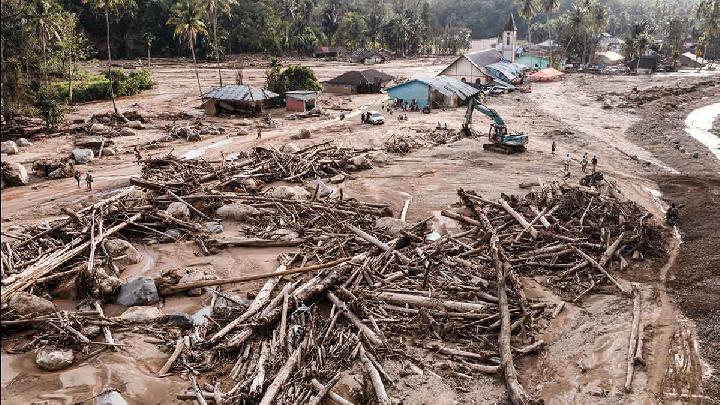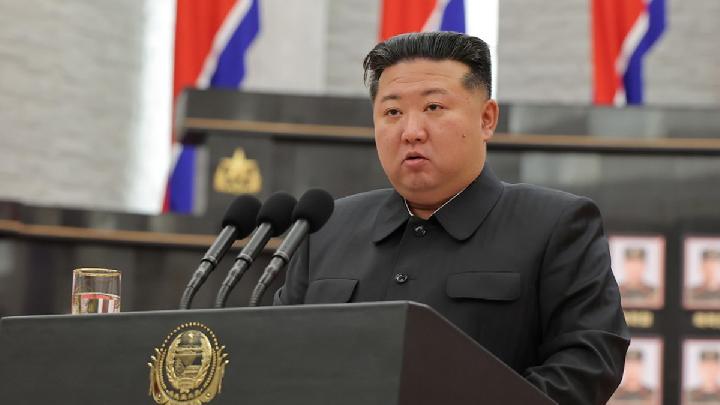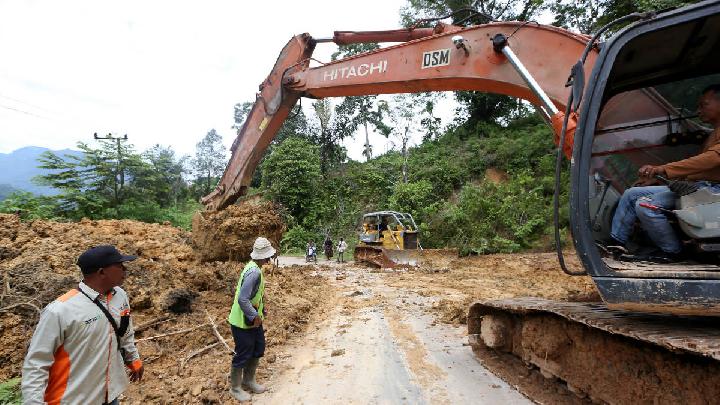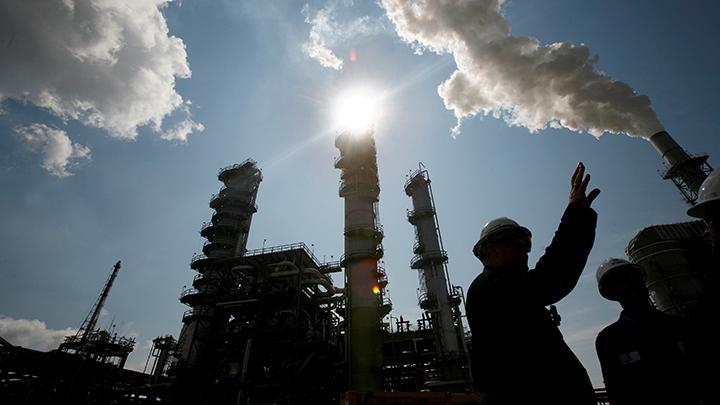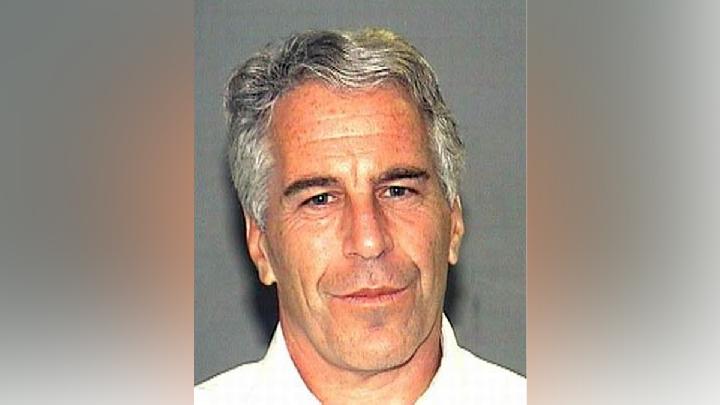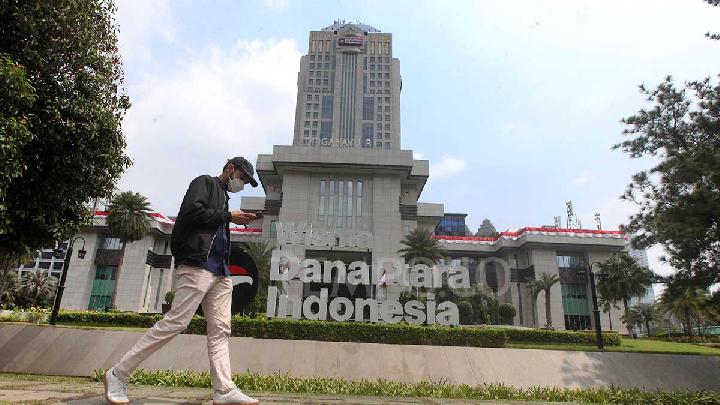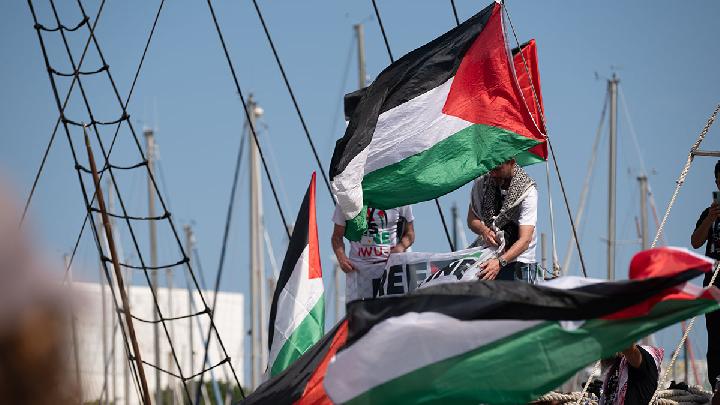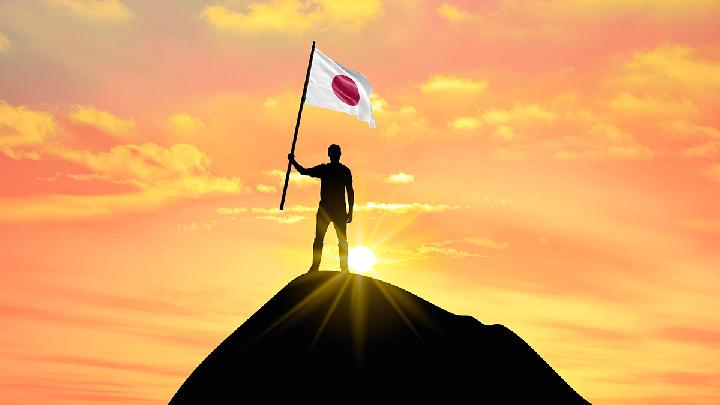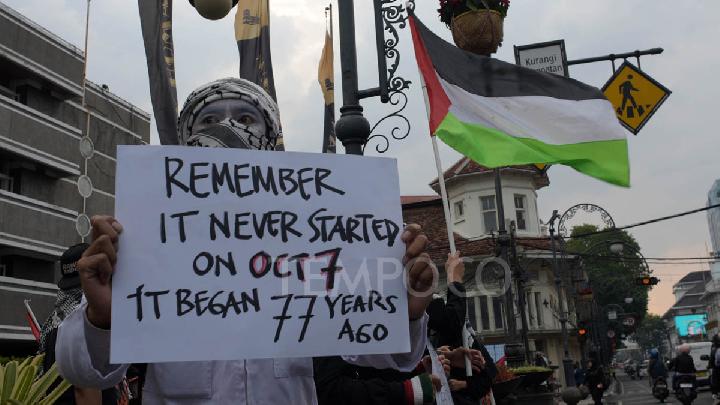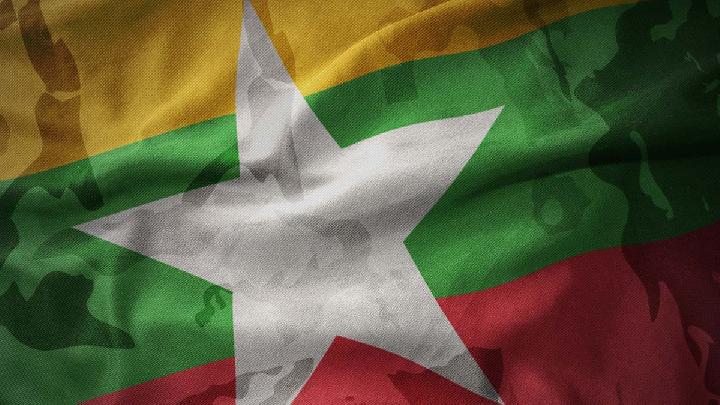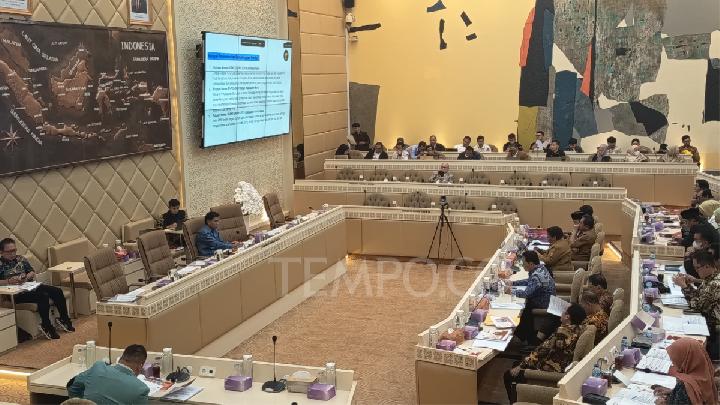TEMPO.CO, Jakarta - With the ongoing socio-political demonstrations in Indonesia, many have raised concerns about rising tensions, fearing that the situation could escalate to the most extreme option—martial law.
According to Britannica, martial law is defined as a temporary rule by military authorities of a designated area in times of emergency, when civil authorities are deemed unable to function. Although martial law is intended to be temporary, it can persist indefinitely. In practice, this is often accompanied by the suspension of civil rights.
While Indonesia has declared martial law in specific regions in the past, including Aceh in 2003 and East Timor in 1999, many hope the country will never have to resort to such measures at this time. Other countries that have declared martial law in the past include Thailand, South Korea, and Myanmar.
List of Countries that Have Declared Martial Law
1. Thailand
Thailand has a significant history of military involvement in its politics, with several instances of martial law declaration among them. The most recent one was in July 2025 and was based on a fierce border conflict with Cambodia. This territorial dispute dates back to the French colonial period of 1907. Thailand has imposed martial law on eight borders: seven districts in Chanthaburi Province and one in Trat Province, as announced by Border Defence Command commander Apichart Sapprasert.
According to Metro Sun Daily, this decision aimed to protect Thailand's sovereignty and territorial integrity, as well as the safety of its citizens, especially after a shootout that claimed lives and injured dozens of people.
2. South Korea
On the night of December 3, 2024, South Korean President Yoon Suk Yeol declared martial law. Via national television, Yoon claimed the measure was intended to eradicate “antistate forces” and preserve the constitutional order amid escalating political deadlock.
Just an hour later, the military issued a decree prohibiting activities by political parties and members of parliament, and troops and police stormed the opposition-controlled parliament. As expected, the imposition of martial law sparked widespread public outrage, leading to its revocation by Yoon himself just six hours later. Days afterward, on December 14, the National Assembly officially impeached Yoon.
3. Ethiopia
In August 2023, Ethiopia imposed a state of emergency in the country’s second most populous region, Amhara, in response to escalating clashes between the Ethiopian military and the regional Fano militia. These emergency powers granted the government the authority to impose curfews, make arrests, and prohibit public gatherings.
Initially set for six months, the measure was extended for an additional four months in February 2024. Although the law states that a state of emergency cannot be extended beyond four months, there has never been an official announcement about its end. As of today, the conflict in Amhara remains unresolved.
4. Ukraine
On February 24, 2022, Ukrainian President Volodymyr Zelenskyy declared martial law and a general mobilization in response to Russia’s full-scale invasion of the country. Since then, martial law has been extended multiple times, a trend that has continued into 2025.
The most recent extension came in April 2025, when parliament approved a further 90-day renewal. According to Al Jazeera, the decision came amid the prolonged and intense war between Ukraine and Russia, which has now entered its 38th month.
5. Myanmar
In February 2021, Myanmar’s military declared martial law for one year, following allegations of election fraud surrounding the 2021 victory of Aung San Suu Kyi's National League for Democracy (NLD). As Suu Kyi and President U Win Myint were imprisoned, Commander-in-Chief Min Aung Hlaing assumed control of the country.
Beyond its original scope, the martial law was extended every six months, ultimately being renewed seven times. As a response, a nationwide anti-coup resistance movement emerged, led by People’s Defense Forces (PDFs)—comprising students, teachers, and ordinary citizens who took up arms against the junta.
It was not until July 31, 2025, that the military junta revoked martial law, signaling plans to hold elections in December 2025. Yet, the announcement came even as violence and instability between the military and opposition forces continued to escalate.
Whether sparked by political unrest, military conflict, or contested elections, the imposition of martial law has often marked moments of profound national crisis. Although some governments justify martial law as a necessary measure to maintain order, it frequently comes at a high cost, especially to civil liberties. That said, growing concerns among Indonesians may be alleviated for now, as the Deputy Indonesian Military Commander has refuted martial law.
Editor's Choice: When Was Martial Law Last Enforced in Indonesia?
Click here to get the latest news updates from Tempo on Google News

